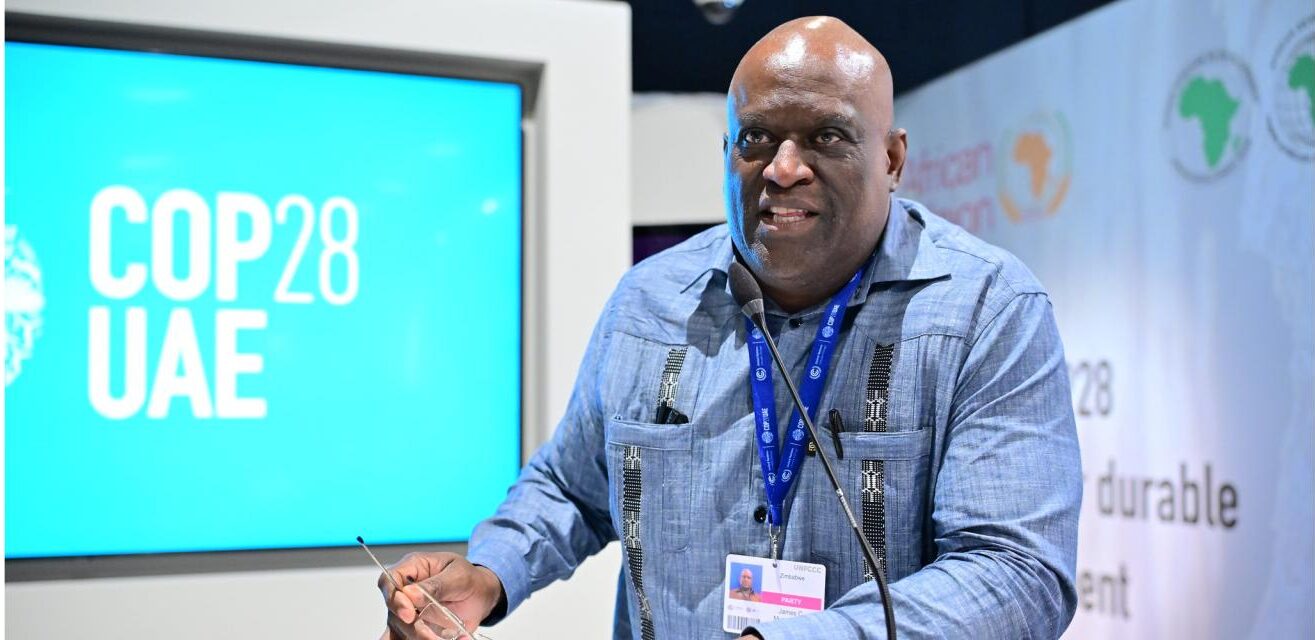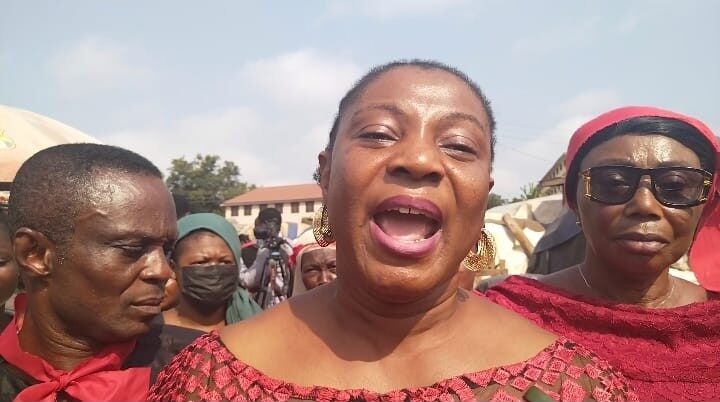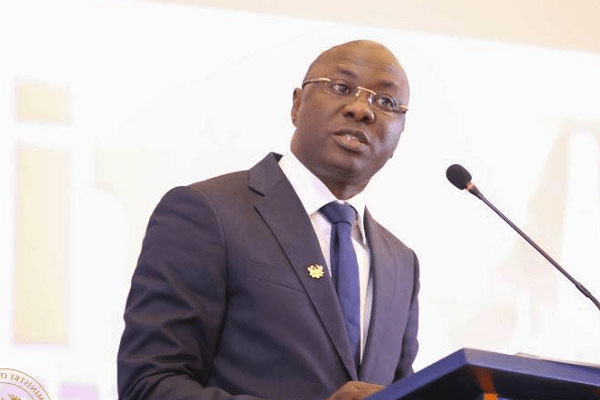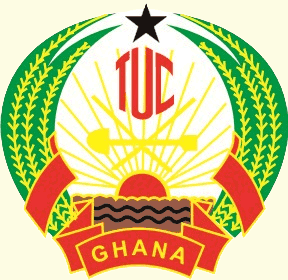

 The African Group of Negotiators and leaders came to COP29 with a bold call for equitable climate finance, stronger global partnerships, and urgent action to address the climate crisis. Their message emphasizes Africa’s role in global climate solutions while demanding accountability and meaningful progress from the international community.
The African Group of Negotiators and leaders came to COP29 with a bold call for equitable climate finance, stronger global partnerships, and urgent action to address the climate crisis. Their message emphasizes Africa’s role in global climate solutions while demanding accountability and meaningful progress from the international community.
The negotiators are calling for an ambitious new climate finance target of $1.3 trillion annually by 2030, reflecting the scale of the continent’s needs and the $3 trillion estimated to implement its Nationally Determined Contributions (NDCs).
Among the least responsible for global emissions, the continent suffers some of the most severe impacts of climate change, losing an average of 5% of GDP annually to climate disruptions.
This agenda follows months of hard work by the African Group of Negotiators, supported by the Economic Commission for Africa (ECA), the African Union Commission, the African Development Bank, and AUDA-NEPAD. These institutions collaborated to ensure the continent arrived at COP29 with a unified strategy addressing climate finance, renewable energy, and nature-based solutions.
ECA played a key role in refining countries’ NDCs and bringing stakeholders together to align positions. Regional consultations ensured that governments, youth, and private sector voices shaped Africa’s priorities for the negotiations.
A central focus of the continent’s agenda is equitable climate finance. Many African nations spend more on servicing debt than on healthcare or education. Leaders are calling for financial reforms to make funding accessible, affordable, and timely.
The Loss and Damage Fund, established at COP28, is a critical piece of this effort. Operationalizing the fund would provide essential resources to countries already suffering from floods, droughts, and rising sea levels.
Africa’s natural resources, particularly the Congo Basin, are a significant focus. The basin absorbs 1.5 billion tons of carbon annually and has sequestered 31 billion tons to date. Without adequate protection, this critical resource risks releasing its stored carbon into the atmosphere. The undervaluation of Africa’s carbon credits only compounds this challenge.
Currently, carbon credits from Africa sell for as little as $5 per ton in voluntary markets, compared to over $80 in regulated markets. African leaders are advocating for a comprehensive framework to guide compliance markets, ensuring transparency and credibility in carbon trading.
The continent is also showcasing its solutions. It has immense renewable energy potential, with abundant solar, wind, and hydropower resources. Investments in renewable energy projects are already underway, from Morocco’s solar farms to Kenya’s geothermal energy initiatives. Expanding these projects could cut emissions, create jobs, and power industries.
Nature-based solutions are another pillar of the continent’s approach. Initiatives like afforestation, reforestation, and the protection of mangroves play a dual role—capturing carbon while preserving biodiversity. The Congo Basin, often referred to as the planet’s lungs, is central to this strategy. African nations are calling for investments that align with conservation goals and provide financial returns.
Agriculture remains at the forefront of discussions. The livelihoods of millions depend on farming, yet extreme weather and droughts are disrupting harvests. Leaders are championing climate-smart practices such as drought-resistant crops and efficient irrigation systems to strengthen food security.
African leaders have also recognized the need for internal reforms. Strengthening governance and ensuring transparency in climate financing are critical to maximizing the impact of resources. Regional partnerships are being bolstered to ensure resources are shared and used efficiently.
Claver Gatete, United Nations Under-Secretary-General and Executive Secretary of ECA, emphasized the cost of delay, stating, “The cost of inaction is far greater than the investment required to build a resilient and prosperous future for Africa.”
The continent has presented its priorities and solutions. It has demonstrated leadership in renewable energy, conservation, and climate finance. The question remains whether global partners will act decisively to meet these challenges.
Source: ECA
The post Africa negotiators call for ambitious new climate finance target of $1.3 trillion annually appeared first on Ghana Business News.
Read Full Story












Facebook
Twitter
Pinterest
Instagram
Google+
YouTube
LinkedIn
RSS